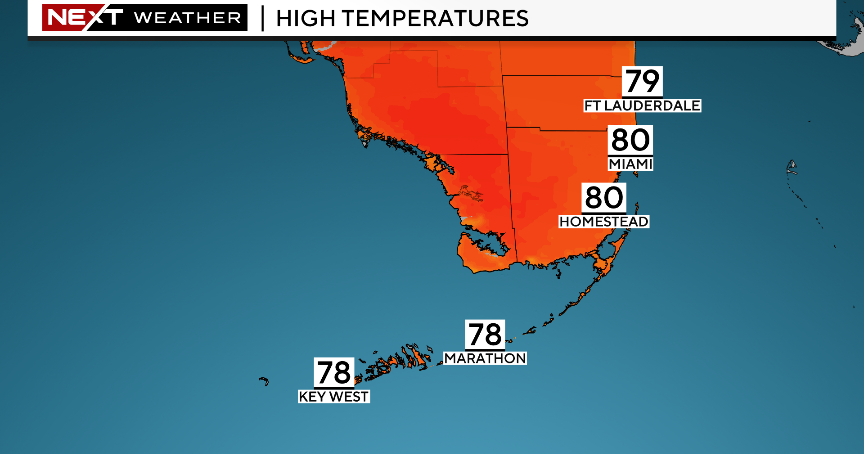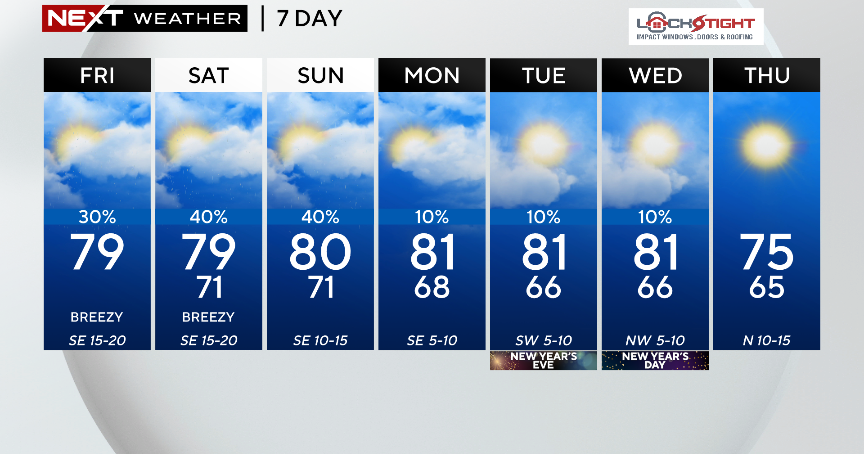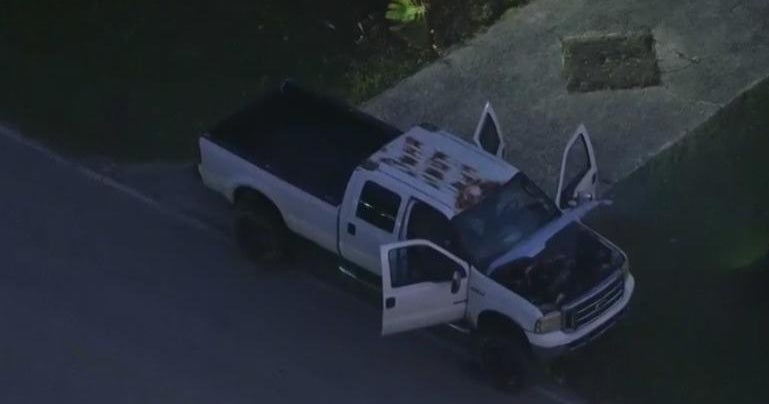I-Team: Researchers Reveal What's In The Sand
MIAMI BEACH (CBS4) - Sand.
Many children are mesmerized by it, often playing with it and in it for hours.
"She just loves to sit in there and play with it," a mom visiting Miami Beach tells Chief I-Team Investigator Michele Gillen as her daughter sprinkles handfuls of it over her as if playing with magic dust.
They are seemingly harmless granules for little ones and beach goers alike. But while you're luxuriating on your South Florida blanket of sand you had better pay attention to a unique research team, headed by one of the world's most famous sand detectives, who found, that on some beaches "It is more dangerous to be in sand than to be in water."
That's the word from Florida Atlantic University's Dr. Nwadiuto Esiobu who is an environmental microbiologist whose obsession is sand and your health. I-team cameras are exclusively following her team and their testing.
"We conducted some of the first studies on this beach," she tells Gillen as they walk the beach in Fort Lauderdale.
Dr. Esiobu was shocked to find - in great numbers - groups of viruses and bacteria, including e-coli and staph.
"This organism causes wounds, abscesses, boils," Esiobou said.
Adds one of her student researchers mapping out the beach, "so far the levels of the bacteria in the sand is actually much higher concentrations than in the water. Most people don't think that."
Research shows that, incredibly, the potentially deadly, drug resistant strain of the staph virus - MRSA can be transmitted from one person's skin directly to the sand where it can live and contaminate other people's skin.
"Were you shocked to discover that the sand actually picks up staph from a human being and can keep it there alive?" Gillen asked.
"We had to run the experiment five times my colleagues and I. It was the first time that the data was shown for our beaches in Florida," says Dr. Esiobu.
Just as surprising is the fact her EPA funded studies reveal that when there is dangerous bacteria in the water not only does it show up in greater quantities in the sand but it lives much longer.
"We couldn't believe it. We thought the organisms would die," Dr. Esiobu said.
Most beach goers who get sick assume it's from the water. That's what snowbird June Smith thought. She tells Gillen that in recent years, following visits to this popular Fort Lauderdale beach, "I get nauseous, I get queasy I get itchy, I get red rashes."
Those are common symptoms that can be the result of exposure to contamination in the sand that can accumulate from sea water, birds and man.
"We found, for the first time a correlation between the time people spend on the wet sand and the gastrointestinal illness."
In other words, people end up with stomach aches, diarrhea, dehydration.
"Would you ever think about that there could be things like e- coli, viruses and bacteria in the sand?" Gillen asked Osvaldo Cabrera as he sunbathed on Miami Beach. Resting his head on a flip flop but resting his body directly on the sand.
"Never, never that is why I am here without a towel," Cabrera tells Gillen.
Whether you're a native or a tourist, we love our beaches but with emerging science claiming what's in the sand what's making some people sick it's ever more urgent to find out what we can do about it.
Keep in mind, the most populated beaches can carry the greatest risk.
"Precisely, use your towel," says Dr. Esiobu.
"That is scary.I kind of feel a little uncomfortable now," responds Dr. Esiobu.
As part of our investigation, the I-Team went to Dr. Samir Elmir of Miami Dade's Department of Public Heath.
"Do you regularly monitor and test the sand?" Gillen asked him.
"No we don't." Says Samir. "It's not part of the healthy beaches program and we only test the water quality of the beaches but not the sand."
But that's not uncommon. In fact the I-Team has learned sand is not routinely tested anywhere in the state nor across the country.
Even after the parasite - hookworm- has apparently infected at least seven Miami Beach goers. Testing has focused on cat droppings west of the sand dunes.
America's lack of testing leaves Dr. Esiobu walking the beaches, gathering data and hoping it prompts a call for action.
"I think we are in the right direction. There is no regulation or policy right now for sand," Dr. Esiobu.
Expert tips for a safer visit to the beach:
If the beach is closed due to contaminated water, stay off the sand. Keep in mind the "swell area" where crashing waves meet the beach can potentially carry the highest risk exposure.
Always use a towel. Rigorously wash your hands and the hands of your children before eating. Report any illness following a visit to the beach to your local department of health.



